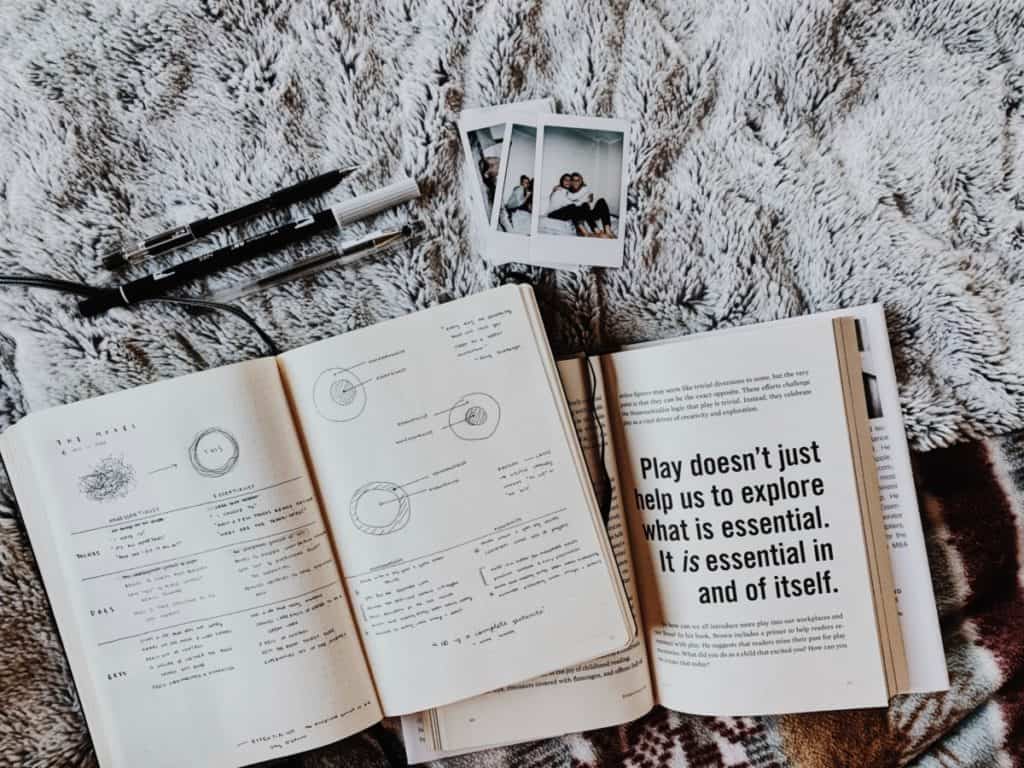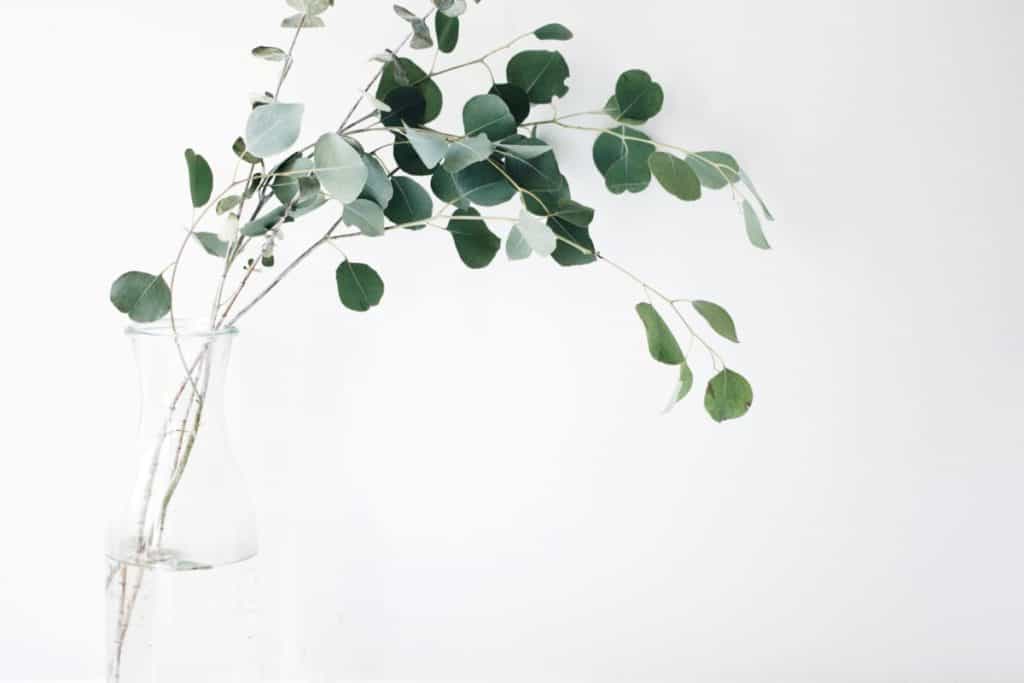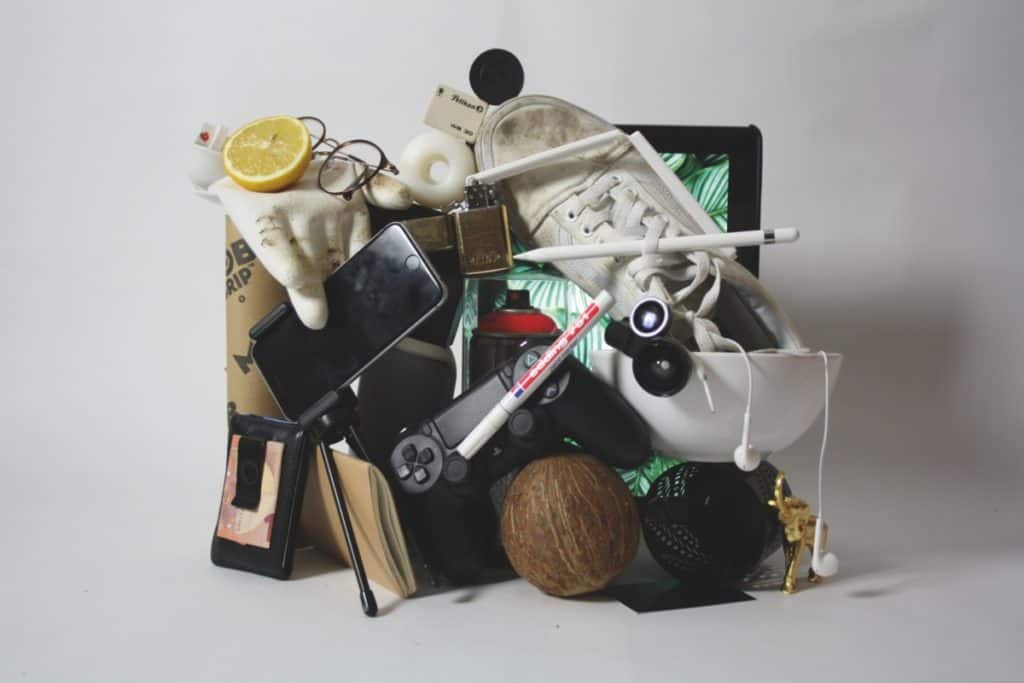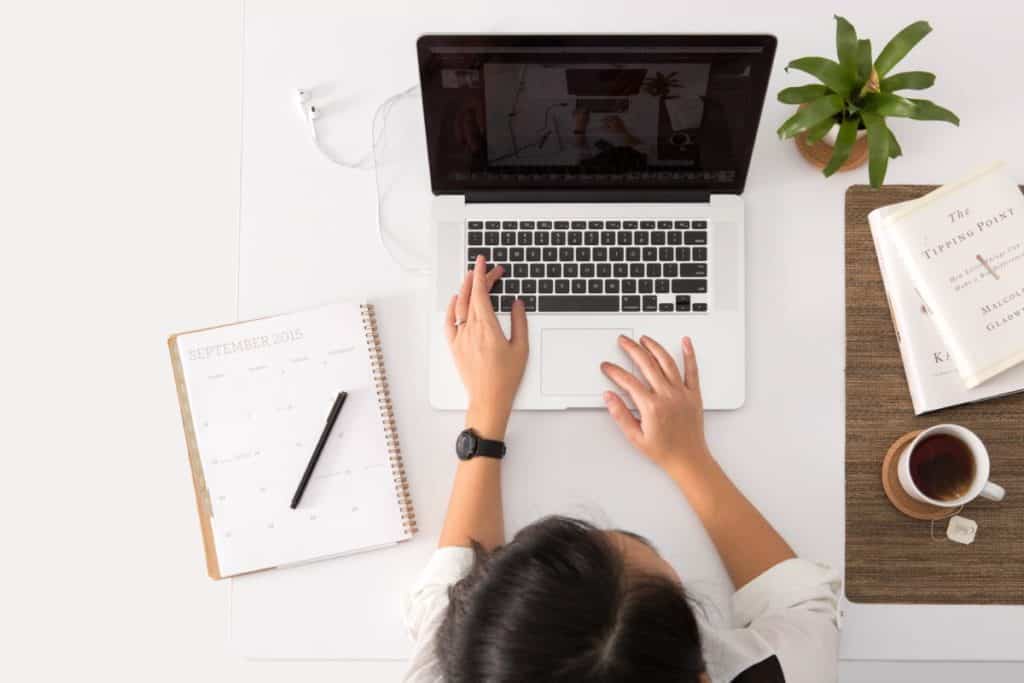
Life is ever-changing. We must change with it to match the intrinsic desire of human nature. To help us achieve that, both essentialism and minimalism can guide us. However, one of the most hotly debated topics is whether there is a thin line between essentialism and minimalism.
Even though essentialism is a subcategory of minimalism, there is still a slight difference. Whilst minimalism focuses on reducing the quantity of things in life, essentialism focuses more on increasing the quality of life. For an essentialist, it means that doing less is more important to your happiness and survival. A minimalist, on the other hand, is one who has minimal things-To simplify things and remove the ones that do not matter to simplify living. It is then safe to say that, while a minimalist will stay true to minimal life material, an essentialist will remain faithful to essential life quality, whether minimal or not.
Whichever way you choose to look at both, there is a thin but distinct line between being an essentialist and a minimalist. This is not to say that there is nothing that binds both schools of thought. For example, clarity, simplicity, and gaining happiness is a connecting tissue that gives an essentialist and a minimalist vividness and power to go about life in a renewed energy.
Interestingly, people often confuse the two due to their striking features. Whether as an essentialist and a minimalist, you should understand that both are a journey. In Greg Mckeown’s book about Essentialism, he described the lifestyle as a better way of pursuing minimalism. But is it conclusive to argue that being an essentialist makes you a better minimalist?

Being a minimalist in our world today
If anything, it must have been easier to stay a minimalist during the stone age since they never had much, to begin with. Unfortunately, the world being a global village has revolutionized our thinking and strive after the things that seem mundane.
Contrary to widespread belief, being a minimalist does not mean living in an empty space with stainless steel chairs, some green plants and white painted walls. True, some minimalists might consider living like that; however, the lifestyle fails to highlight the essence of being a minimalist.
Minimalism means intentionally owning fewer possessions
Take note of the word “intentionally” in the statement. Hence, you are not trying to be a minimalist because, in real life, you can’t afford stuff. Minimalism is highlighted and characterized by intentionality. Clarity, purpose, call it whatever, is at the core of your conviction.
Being a minimalist means intentionally advocating what you value the most to steer clear of distraction. So, if you feel that owning minimal items in your home supports your purpose, you can remove the excess and focus on what matters. Most people are broke and bitter in life because they spend too much time wasting their energy on things that don’t matter.
Look at this story and see if it will help you get a bigger picture. There was a girl with a box full of toys. It turns out; they were all toys she had kept since being a baby. One day, her mother brought out her toys during spring cleaning and told her they needed to dispose of them since she is now older.
At first, she held on to a few toys and agreed that they sell the rest. Eventually, she couldn’t bear losing any of the toys at the sale point and ran inside with the box. It may look childish, but that is what many adults do, although non-intentionally.
A review by the Los Angeles Times shows that the average American household has 300,000 items. Items that they may not need. The life of a minimalist forces improvement in you retrospectively about your passion and values.

A release from the modern madness and passion for possessing
We live in a fast-paced life where we rush from one activity of task to another to make ends meet. Sometimes, we end up multitasking. In some cases, it feels enticing to accumulate possessions for a better way to live. Minimalism means freedom from the consumer mentality that is always wanting to possess. It is one that values life and relationships, leaving us reasons to be grateful.
It also frees you from the hysteria to live life on the fast lane and offers to remove insignificance and frivolity. Look at it as a way of eliminating duplicity from your life. You don’t have to build your lifestyle and routine around that of your neighbor or coworkers. Instead, an internal image that is predicated by your circumstance.
Not external but an achievable internal change
Decluttering your life as a minimalist helps you gain freedom for the unity of your soul and heart. This way, you won’t have a problem impacting your life and relationship. More than trying to please someone, the aim is to strike towards inner peace with yourself and your convictions. Therefore, because it’s internal, there are no rules to what you need to declutter, only more guidelines to what remains that makes you happy.

Being an essentialist in our world today
Being an essentialist means going further down the lane of being a minimalist. Look at it as a disciplined and systematic approach to determine where your priority lies to give it your highest contribution effortlessly. According to the disciplined pursuit of less by Greg McKeown, once you consciously permit yourself to stop from trying to do everything, you will contribute more to the things that matter.
The principle of less but better is not just a way of doing one thing better. It is a lifestyle of doing everything in a different but better way. Hence, it is safe to say that essentialist is a form of minimalism, except that the principle is more disciplined. Look at it as living by your design and not by default.
Be careful not to confuse this with trying to be perfect with everything. Essentialism is not a competition of how many things you can get done in a short while. Instead, it’s about getting things done all the same. It is about forging forward with the wisest investment of your energy and time to operate at the highest point of mental and physical contribution.
Hence, it often requires making tough decisions, one-time crucial choices that you won’t need to make the same in the future. An essentialist deliberates, identifies, and differentiates the trivial from the vital. He also distinguishes and eliminates the nonessentials to remove obstacles and distractions.

Too many choices and pressure all-around
An exponential increase in people’s choice in the last few years might be why people find it difficult to make crucial life choices. This factor is further reinforced by the number and strength of outside influence in the form of social pressure. When you Fail to deliberately and purposefully choose where to focus your time and energy; people, circumstances, and your environment will make that decision for you.
For an essentialist, it is crucial to spend time exploring and evaluating vital value from flimsy ones. After much debating, listening, thinking, and questioning, an essentialist looks to eliminate efforts and activities that earn little returns. With trivial activities out of the way, an essentialist creates a system to invest the time saved from the removed activities.
The power of want and choice
An essentialist does not ask; How I can do both? Instead, it is a tradeoff of; Which do I want? Hence, by weighing the opportunities and options available, you are forced to select the best and increase your success chance strategically. Look at it as deciding what you want to hit big on and not giving up. Like the saying, go big or go home.
Before committing to any option, an essentialist will exhibit control over the decisions he makes, even if there is no control over the options. Since some endeavors earn more rewards than others, you must choose what you want- a process of correctly estimating the importance of things that matter.

The thin line that connects minimalism and essentialism
There is an invisible line that connects minimalism and essentialism. In most cases, essentialists stem off from being minimalists at one point. Do fewer things but do it better. Own minimal items, but make sure they will last. If you wear minimal clothes, make sure you are wearing them wholeheartedly, and they will last.
An essential minimalist of some sort focuses on the quality of values, decisions, items, and not their quantity. However, the best approach is to start with the less complicated values of minimalism and move on to the more harder mental values of essentialism.
Wrap up
You can build a simple life predicated on removing the clutters around your life to feature only the ones that matter. If you want, it will help if you start small and set goals to live deliberately. The big idea is always to see and always filter for conflicting options.
Protect your mental assets by always clarifying questions and learn to say no gracefully. If you can, keep a journal to help your journey to be the essentialist or minimalist that you want. More importantly, see both as a lifestyle.
